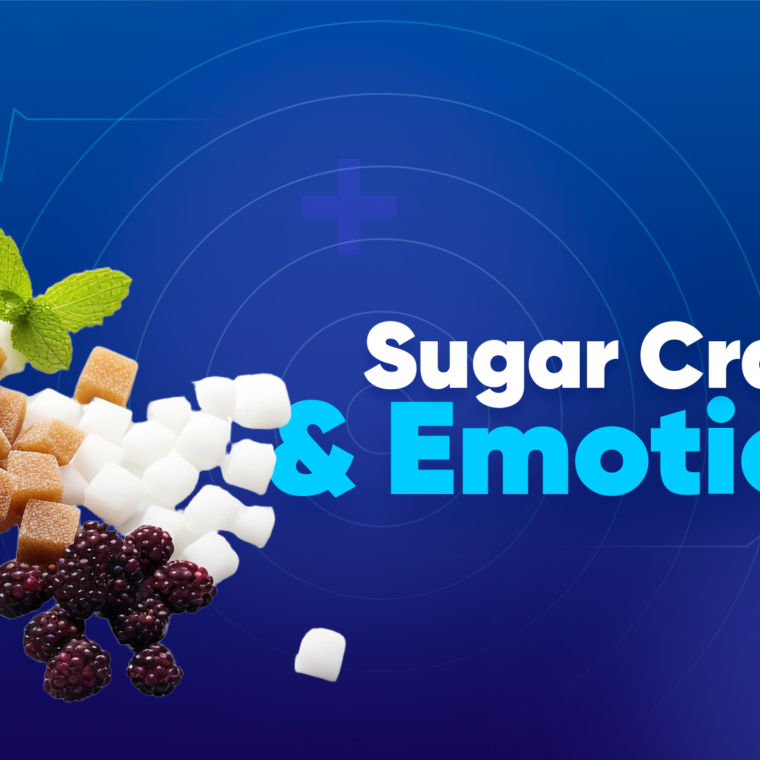Have you heard about the term sugar crash?
If yes, then you have a good understanding of how sugar, emotions, and obesity are intertwined!
If not, Read on.
A sugar crash is not just characterized by a lack of energy. Scientifically known as hypoglycemia, when your blood sugar drops suddenly, you may feel anxious, irritable, or frustrated and have all sorts of mixed emotions. We always listen and tend to our physical health symptoms; however, we may not recognize emotional and cognitive responses/symptoms as being food-related, despite being “hangry” (so hungry that you are angry).Poor mental health can also lead to obesity and major health conditions
A poor diet can worsen symptoms of stress, anxiety, and other mental health issues!
Imagine that you eat a sugar-filled breakfast every morning. That means you are setting yourself up for a sudden crash in the afternoon (Blood sugar drops rapidly). You may be blaming your bad mood or people around you, your job, or your coworkers. However, your morning doughnut and coffee beverage were the main culprits!!

It is important to consider how diet and lifestyle can affect your psychological well-being.
KEY POINTS
- Keep track!
Keep track of your sugar intake because overconsumption of sugar triggers imbalances in certain brain chemicals. These imbalances can lead to stress, anxiety, or depression. A recent study found that added sugars were related to increased feelings of anxiety and imbalance of emotions.
- Mindful Eating
Mindful eating is all about the relationship you have with your food. Be aware of what you eat, the quantity, and your body signals which trigger you to eat.
3. Environment
Make your private environment a sugar-free environment. Keep away all your favorite sugar products from your reach and include healthy snacking items.
4. Manage Emotions
Emotions like stress, anxiety, and frustration can trigger you to eat food items like chocolates, desserts, or other food items. This behavior is called emotional eating. Therefore, try focusing on meditation, Mindfulness techniques, and stress coping techniques
5. Increase your protein intake
Eat protein with your meals since it helps to slow digestion, which may prevent blood sugar spikes.

Keep in mind that, “Your anxiety loves Sugar”





